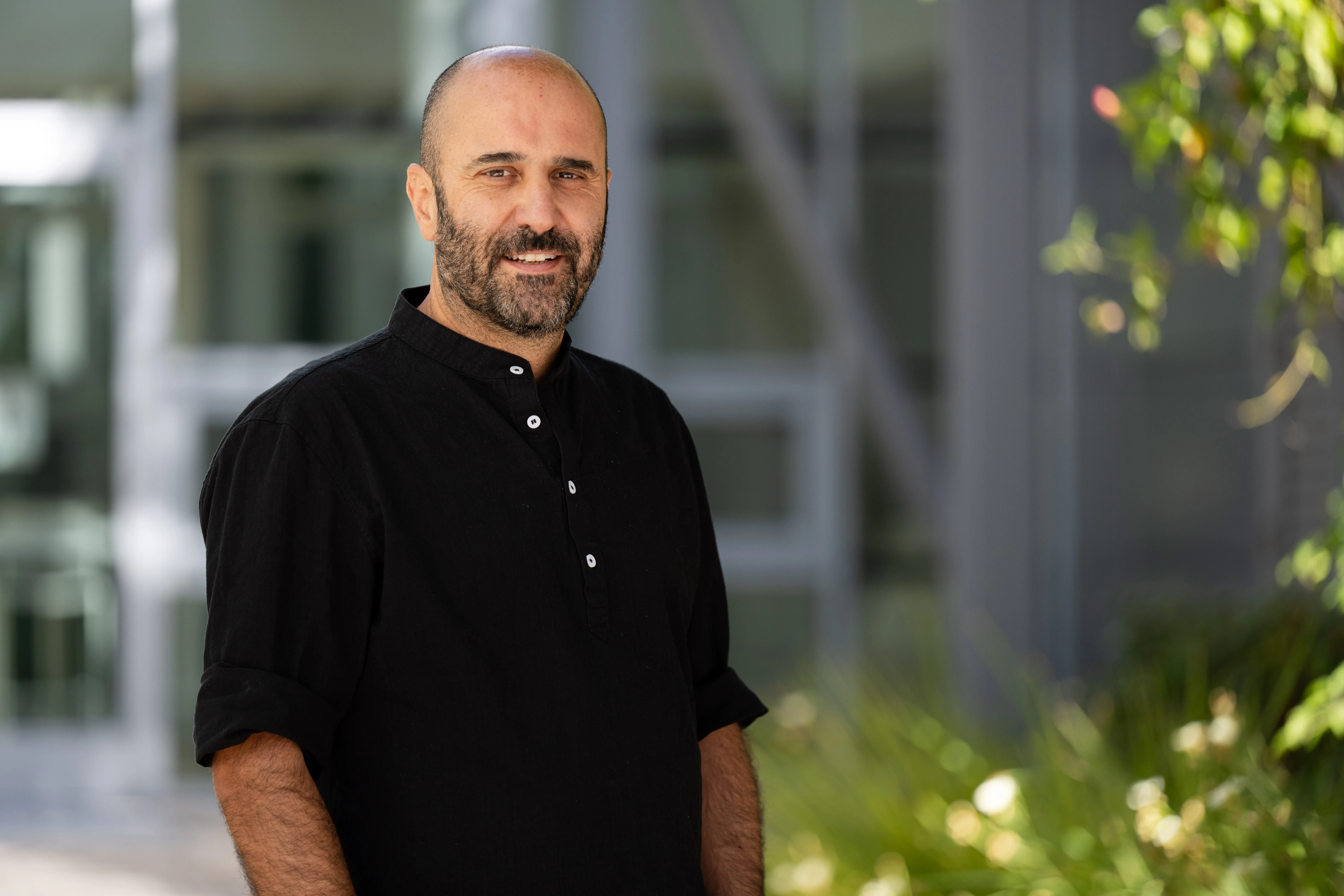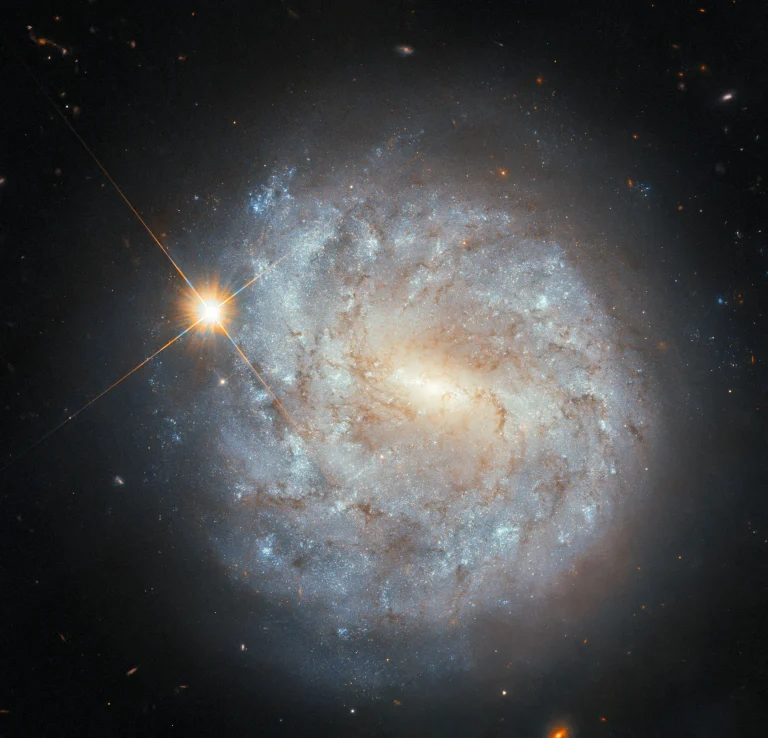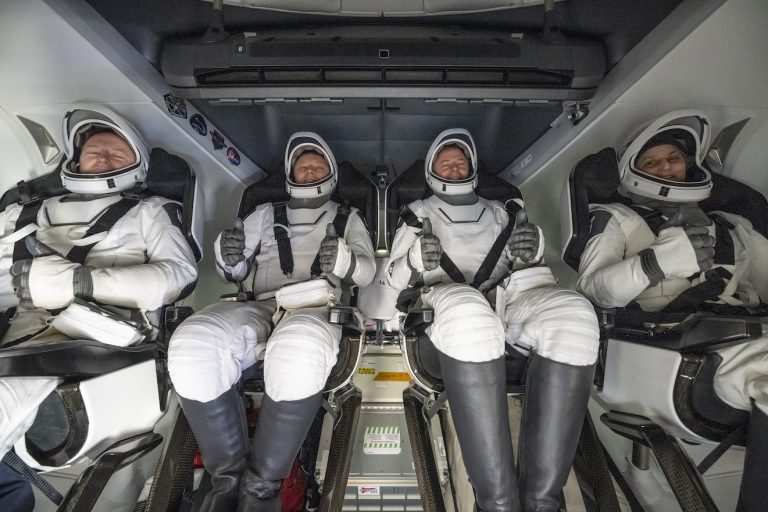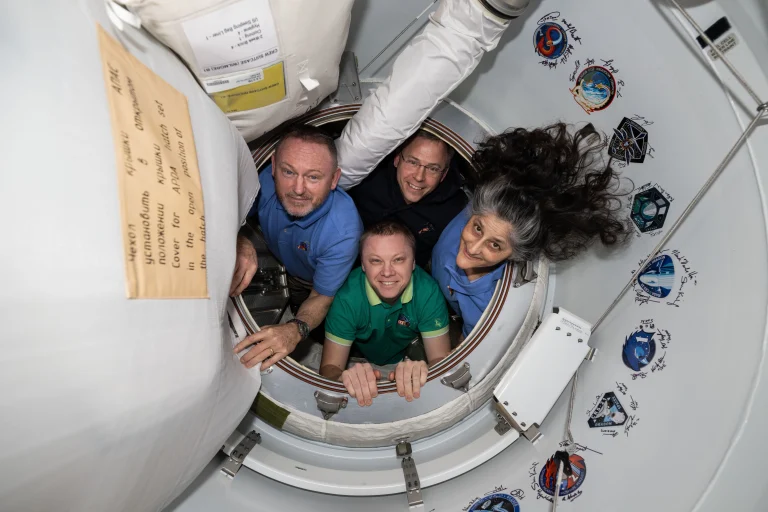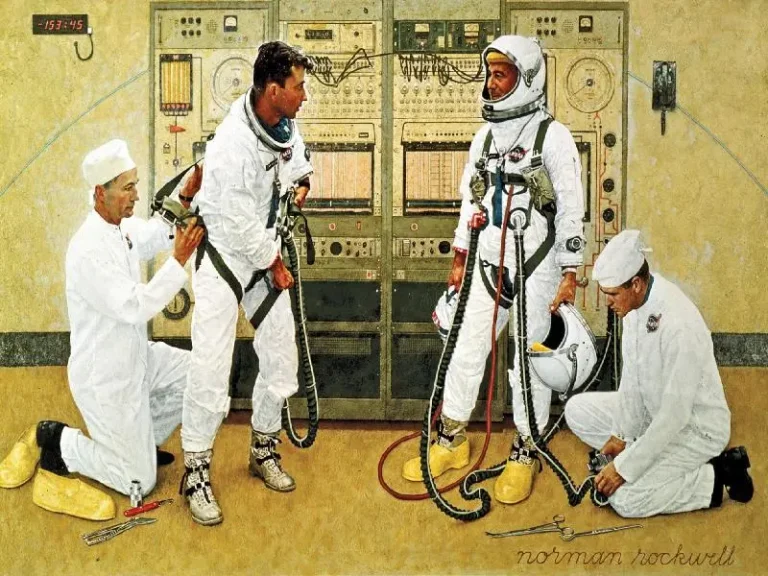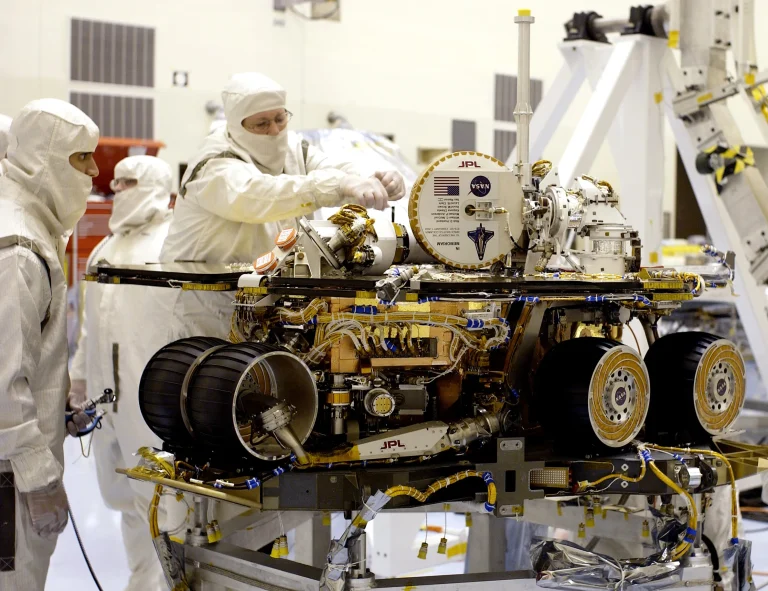“I think the experience of putting yourself in an uncomfortable environment and coming at the other end with lessons learned is always positive. Trying to expand the windows of where you feel comfortable gives you a chance to know yourself better.
“[Studying life in extreme deserts] is about exploring things that we don’t know about. And a lot of what we don’t know happens in environments that are remote, just because it’s very hard to get there and not a lot of people go to those environments.
“…It’s about those two things: exploring the unknown and also, in a way, exploring yourself and what you’re capable of.
“…[My interest in exobiology] started as a means to understand whether life can exist in environments that are very Mars-like. We know that life is robust and can adapt to many extreme conditions, but deserts are very different from other extreme environments. Nobody loves being in the desert, not even microbes.
“Over time, our understanding of the diversity of worlds in the solar system has expanded greatly. And in the past few years, there has been a revolution driven by the discovery of what we now call ocean worlds, like Europa, or Titan. It’s the polar opposite: It’s going from the extreme deserts where there is barely any water for life to environments where there is a lot of water.
“…And so my interest started to shift slightly over the years to not just trying to understand the limits of life, but then also to understand environments where life can actually exist and how go about searching for evidence of it. To me, it’s the ultimate question on how to understand life in the larger scale.
“That’s what’s driven me to explore those extreme environments, understand the limits of life, and then think about how we search for forms of life outside of the Earth.”
—Alfonso Davila, Research Scientist, Ames Research Center
Image Credit: NASA / Brandon Torres
Interviewer: NASA / Thalia Patrinos
Check out some of our other Faces of NASA.
“我认为,把自己置于一个不舒服的环境中,并从中吸取教训的经历总是积极的。试着扩大你感到舒适的窗口,给你一个更好地了解自己的机会。
“[研究极端沙漠中的生命]是为了探索我们不知道的东西。许多我们不知道的事情发生在偏远的环境中,因为去那里很困难,没有很多人去那里。
“…这是关于这两件事:探索未知,在某种程度上,探索你自己和你的能力。
“…[我对外生物学的兴趣]一开始是为了了解生命是否能在类似火星的环境中生存。我们知道生命是强大的,可以适应许多极端条件,但沙漠与其他极端环境非常不同。没有人喜欢呆在沙漠中,甚至微生物也不喜欢。
“随着时间的推移,我们对太阳系中世界多样性的理解已经大大扩展。在过去的几年里,由于发现了我们现在所说的海洋世界,比如木卫二或土卫六,引发了一场革命。这是截然相反的:它从几乎没有任何生命水的极端沙漠到有大量水的环境。
“……因此,这些年来,我的兴趣开始略有转变,不仅试图了解生命的局限性,还想了解生命实际存在的环境,以及如何寻找生命的证据。对我来说,这是如何在更大范围内理解生命的终极问题。
“这就是驱使我去探索那些极端环境的原因,了解生命的极限,然后思考我们如何寻找地球以外的生命形式。”
——阿方索·达维拉,研究科学家,艾姆斯研究中心
图片来源:NASA / Brandon Torres
记者:NASA / Thalia Patrinos

